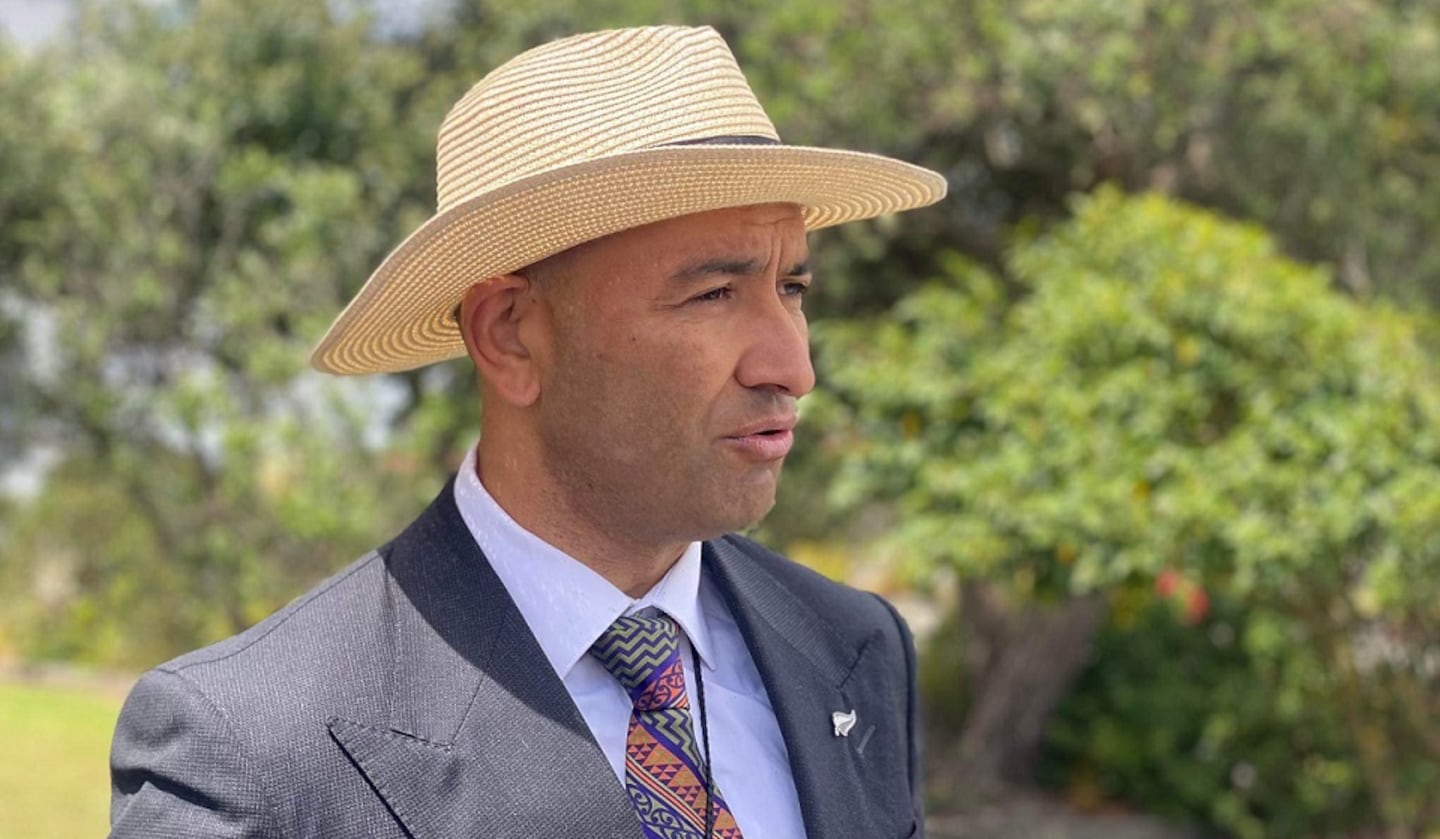Conservation Minister Tama Potaka says a $25 million boost for conservation will be paid for by international tourists.
Potaka has been criticised recently for saying it would cost hundreds of billions of dollars to save all native species from extinction and that the government needed to focus on the highest-value conservation areas.
Green Party Marama Davidson co-leader told Te Ao Māori News then that Potaka “pretty much admitted” to being the “Minister for Species Extinction” rather than the Minister for Conservation.
Most international visitors to New Zealand are charged a $35 international visitor conservation and tourism levy. The levy is then used to invest into projects in tourism and conservation.
Potaka said the international visitor levy supported major projects protecting and enhancing New Zealand’s beautiful flora, fauna and making it easier for New Zealanders to experience nature.
This year the initiatives are:
- Te Whanganui-A-Hei Cathedral Cove will receive $5m as part of continued recovery work from Cyclone Gabrielle damage and will go towards planning, building, reopening and maintaining an overland track;
- $6 million to enhance and expand the Department of Conservation’s network of hikes and short walks;
- Over the next four years $4.2 million of funding will go towards the Huts of Recreational Importance partnership, which supports the maintenance and management of huts in the DoC estate;
- $1.28 million will go to protecting New Zealand coastlines by eradicating the aggressive sea splurge weed;
- $3.65 million to eradicate pigs, cat and mice from Maukahuka/Auckland Island;
- $5m will be invested over three years in information and advocacy activities to connect people to visitor experiences and nature and make it easier for people to get involved via donating, volunteering and investing.
“Te taiao is critical for the country’s present and future,” Potaka said. “Whether it’s the sound of birds in a forest or the sight of whales in the sea, we have intergenerational responsibilities to protect and enhance te taiao so future generations can visit and enjoy too.”




